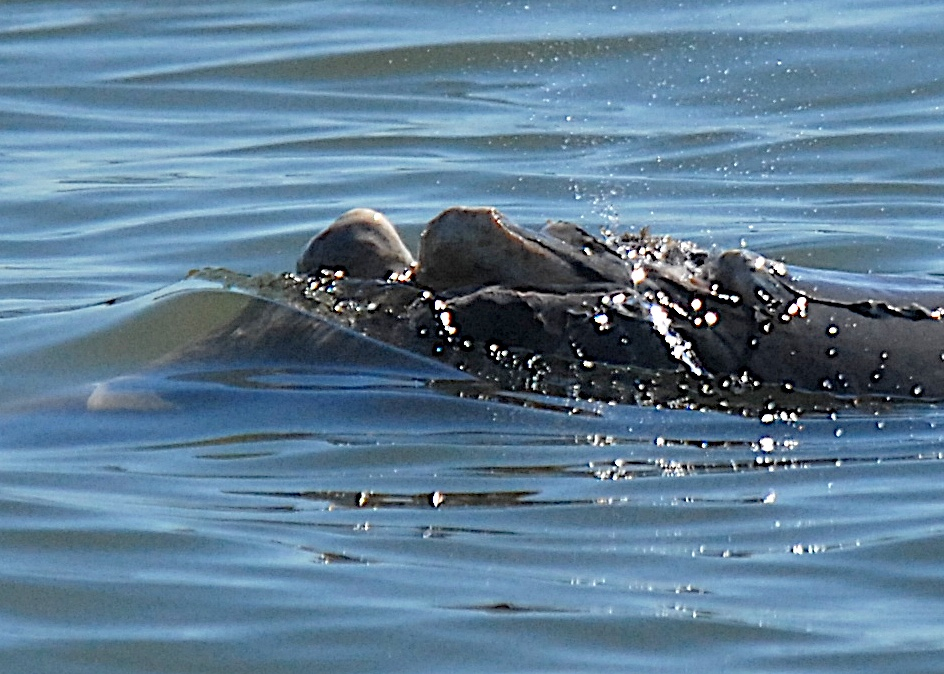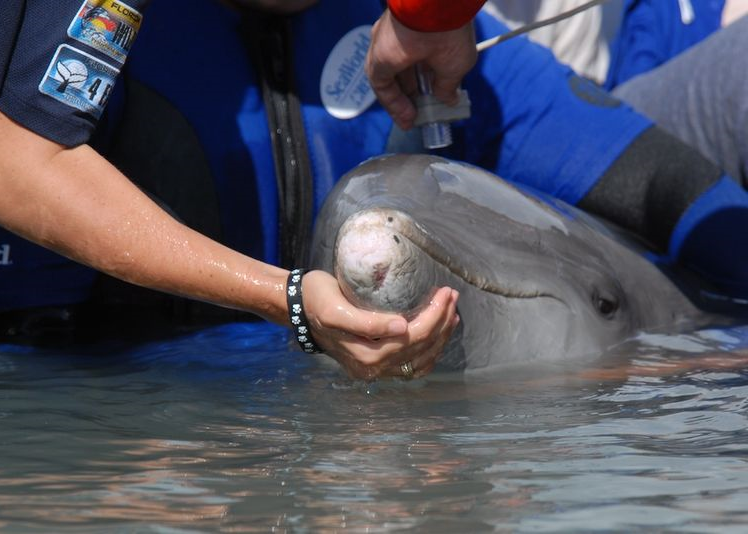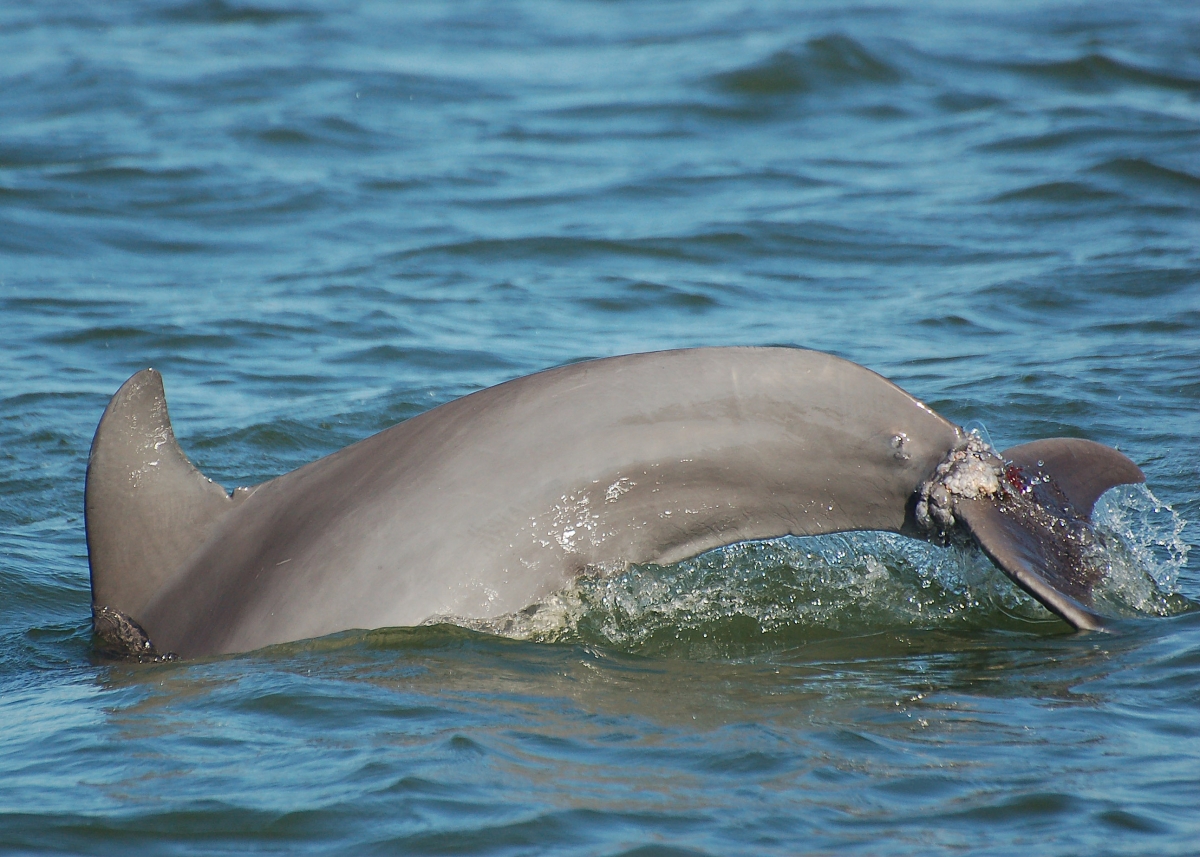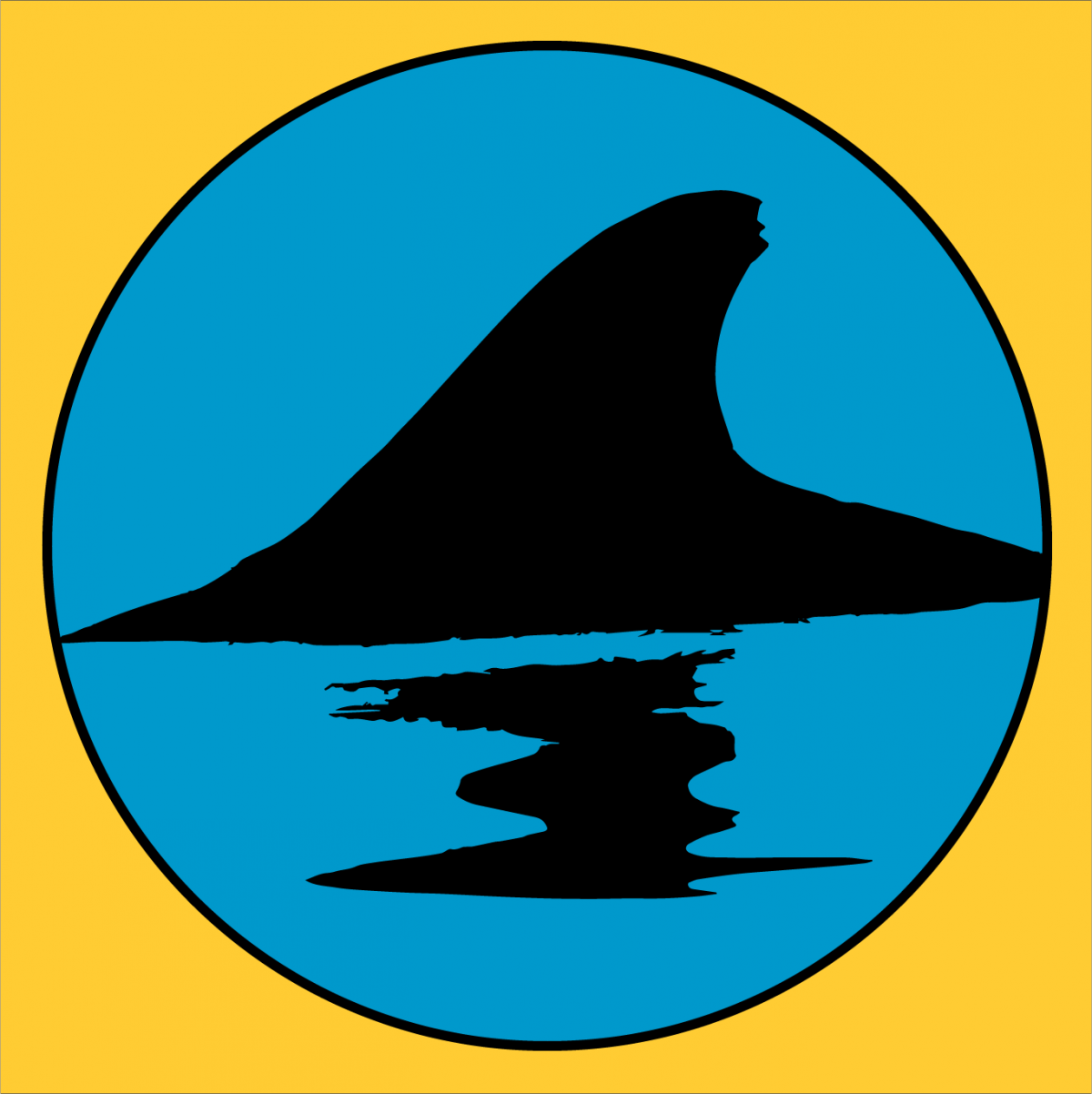HELP WILD DOLPHINS
Dolphins face serious injury and death. You can keep them safe.

Adult female Rangle’s head struck by propeller.

Seymour during an intervention to remove fishing line.

Monofilament line cuts into Seymour’s tail.
Dolphin Friendly boating and fishing
As the human population increases in southwest Florida so too do the dangers caused by boats and interactions with recreational fishing gear. The good news is that by following a few tips designed to protect marine mammals we can enjoy a day on the water without putting them in danger. The following “best Practices” were developed by marine scientists and wildlife managers working with boaters, anglers, and fishing guides.
HOW TO KEEP DOLPHINS SAFE
1) Never feed wild dolphins
– it’s harmful and illegal
• Feeding teaches dolphins to beg for
food and draws them dangerously close
to fishing gear and boat propellers.
• Feeding is illegal under the federal
Marine Mammal Protection Act.
2) Reuse or share leftover bait
• Freeze leftover bait for later or give it
to your fishing neighbor.
• Dumping leftover bait may attract
dolphins to fishing areas to beg or steal
bait and catch.
3) Reel in your line if dolphins appear• Reel in and wait for dolphins to passto avoid losing your bait or catch andprevent potential harm to dolphins.• Never cast toward dolphins.
4) Change locations if dolphins show
interest in bait or catch
• Move away from dolphins to avoid
unintentionally hooking one and
prevent damage to gear or catch.
5) Release catch quietly away from
dolphins when and where it is
possible to do so without violating
any state or federal fishing
regulations
• Feeding or attempting to feed a marine mammal in the wild is prohibited.
6) Check gear and terminal tackle
• Inspect your gear often to avoid
unwanted line breaks – even small
amounts of gear in the water can
be harmful to wildlife if entangled
or ingested.
7) Use circle and corrodible hooks
• Circle hooks may reduce injuries to fish, dolphins, and sea turtles.
• Corrodible hooks (any hook other than
stainless steel) eventually dissolve.
8) Stay at least 50 yards away
• Stay a safe distance from wild dolphins to avoid causing potential harm.
• Maintaining a safe distance helps keep dolphins wild.
9) Prevent wildlife entanglements
– recycle fishing line
• Place all broken or used fishing line
in a Monofilament Fishing Line
Recycling Bin.
• If no recycling bins are available,
place broken or used fishing line that
has been cut into pieces in a lidded
trash can.
10) Stash your trash
• Littering is illegal and can be harmful
to wildlife.
• Collect any trash you’ve left behind and place it in a lidded trash can.
Dolphin Safe viewing…
Dolphin safe fishing…
Don’t Feed Wild dolphins!
Dolphin safe boating…
PLEASE SHOW YOUR SUPPORT !

THE DOLPHIN STUDY
3385 Captains Cove, b
Naples, FL 34112
thedolphinstudy@gmail.com
ABOUT US
THE DATABASE
Images on this site are owned and © by The Dolphin Study Inc. All rights reserved. No images may be taken from this site and used for any purpose without explicit authorization.
The Dolphin Study is a 501(c)(3) Organization – Federal tax ID #83-3170365
